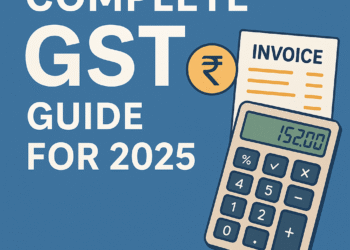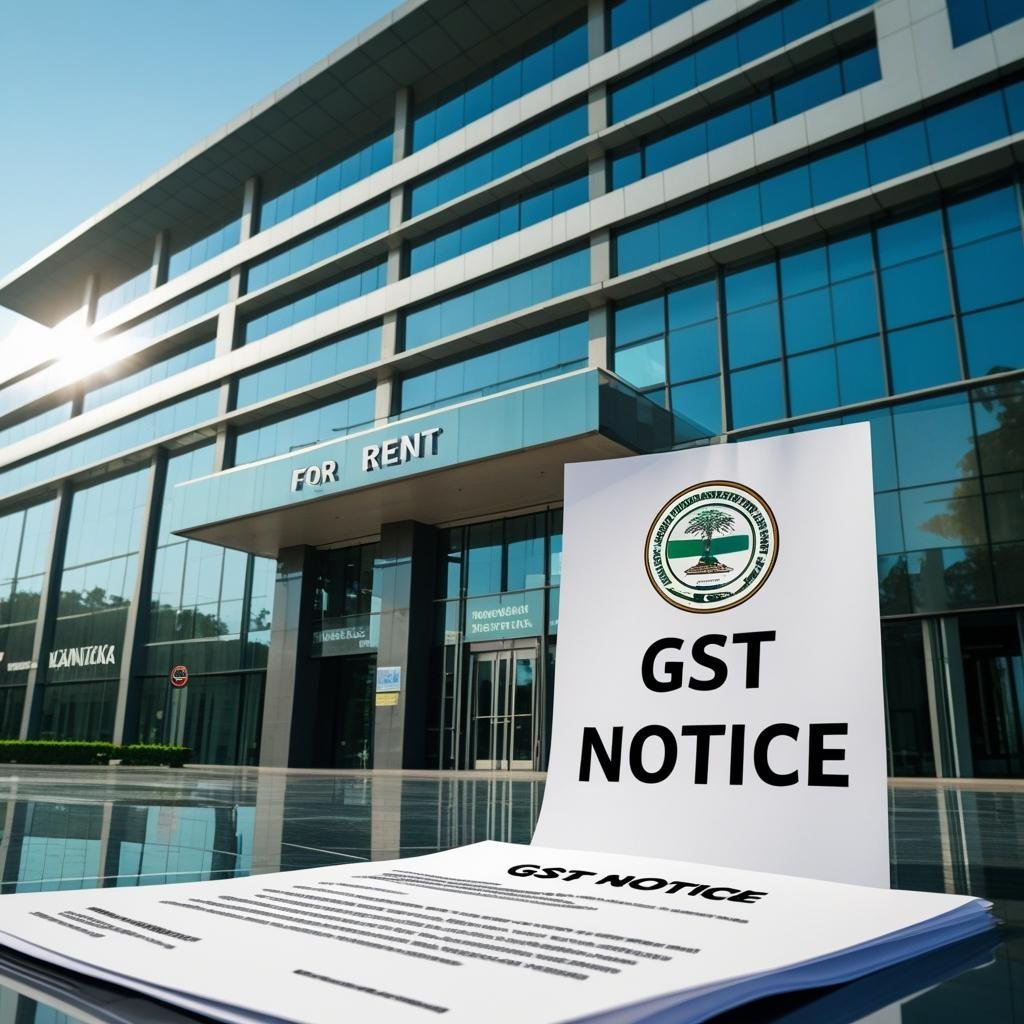This is very good tool which can be called as an ultimate solutions to all public grievances which is not handled satisfactorily or not handled at all here is a solution to it.
The Department of Administrative Reforms And Public Grievances is the nodal agency to formulate policy guidelines for citizen-centric governance in the country. Redress of citizens’ grievances , being one of the most important initiatives of the department, DAR&PG formulates public grievance redress mechanisms for effective and timely redress / settlement of citizens’ grievances.
The DAR&PG has been making endeavors to bring excellence in public service delivery and to redress grievances of citizens in a meaningful manner by effectively coordinating with different Ministries and Departments of the Government and trying to eliminate the causes of grievances.
This is a Government of India Portal aimed at providing the citizens with a platform for redress of their grievances. If you have any grievance against any Government organization in the country, you may lodge your grievance here which will go to the Ministry/Department/State Government concerned for immediate redress.
The grievances arising out of Unsatisfactory response or No response from the Ministry/Department concerned will be taken up by the PG officers of DAR&PG who will take up the matter with the Ministry/Department concerned for close monitoring and expeditious redress.
1.1 Grievance Redress Mechanism is part and parcel of the machinery of any administration. No administration can claim to be accountable, responsive and user-friendly unless it has established an efficient and effective grievance redress mechanism. In fact, the grievance redress mechanism of an organization is the gauge to measure its efficiency and effectiveness as it provides important feedback on the working of the administration.
(B) TYPES OF PUBLIC GRIEVANCES
5.1 An analysis of grievances received in Department of Administrative Reforms & Public Grievances and Directorate of Public Grievances has revealed that the majority of grievances related to inordinate delay in taking decisions, extending from several months to several years and refusal/inability to make speaking replies/disclose basic information to the petitioners to enable them to examine whether their cases have been correctly decided. It is observed that, had the concerned organizations expeditiously and appropriately dealt with the grievances in the first instance, the complainants would not have approached Department of Administrative Reforms & Public Grievances/Directorate of Public Grievances.
(C) SYSTEMIC PROBLEM AREAS
6.1 There are rules, regulations, instructions which are archaic and aimed at shifting the work towards citizens. Slackness in administration, low morale of the services, inherent inertia, absence of incentives, lack of proper authority and accountability are the delay-breeders and the delay is the major factor that generates the grievances. These factors need to be tackled properly through systematic changes. Prevention is better than cure. On these lines, the best method to redress a grievance is not to allow the grievance to arise at the first instance. Even the redress of a grievance, that arose on account of delay, is also delayed as is revealed by the analysis of grievances according to which on a average six months are taken to redress a grievance.
6.2 Many a times Departments/Organisations are found to avoid taking appropriate decisions by resorting to rejection without application of mind, not taking appropriate interest in functioning of subsidiary offices/linked autonomous organizations, and emphasize on disposal and not on the quality disposal. Decisions taken earlier are reiterated without subjecting the cases of independent examination. There is an inertia to review decisions taken by down-the-line functionaries. In many cases Departments/Organisations justify the delay and continue with their inability to take decisions by putting the onus on another agency or on the petitioner. Many a times, the actual cause of grievance lay in internal inefficiency of the system and failure to identify simple systemic solutions. It is also observed that the time norms set by Departments for providing services were not being adhered to in many cases.
6.3 There is no doubt that grievances continue to arise because of a high systemic tolerance for delay, poor work quality and non-accountability in every day performance of functions. Failure to review archaic, redundant and incongruous rules, policies and procedures and to initiate simple, workable systemic changes is another cause for grievance generation. However, Departments and Organisations, which work with policies and procedures on a day-to-day basis, do not appear to have developed the ability to continually look ‘within’ and identify deficiencies. All these factors have ensured that grievances, once arisen, many a time do not get resolved in ‘normal’ course and need intervention at the highest administrative level.
6.4 Slackness in efficient functioning of ‘Directors of Grievances’ is identified as one of the prime cause for continuing delay in redress of grievances. Poor work quality, non-accountability in everyday performance of functions and failure to systemically review policies/procedures and suggest systemic changes are other important causes. In most Ministries, Departments and Organisations, the mechanism of Director of Grievances is not functioning as per the mandate prescribed.
Here is the link to apply for your problems and also you can also see the status of your complaint lodged in transparent way.
Welcome to Online Public Grievance Lodging and Monitoring System
Source: Government of India website




















